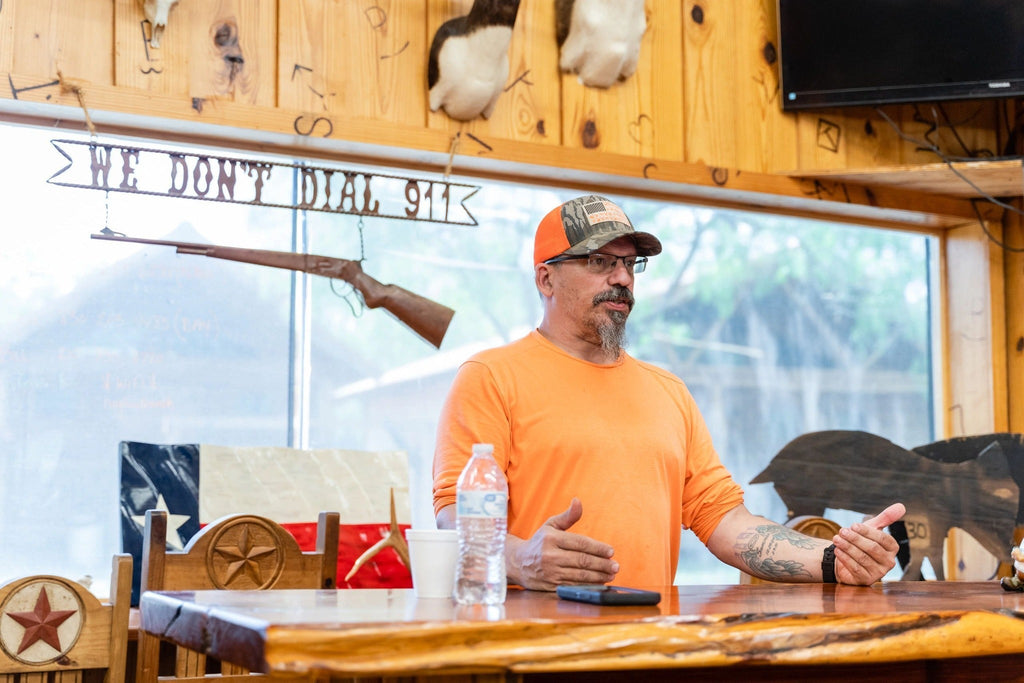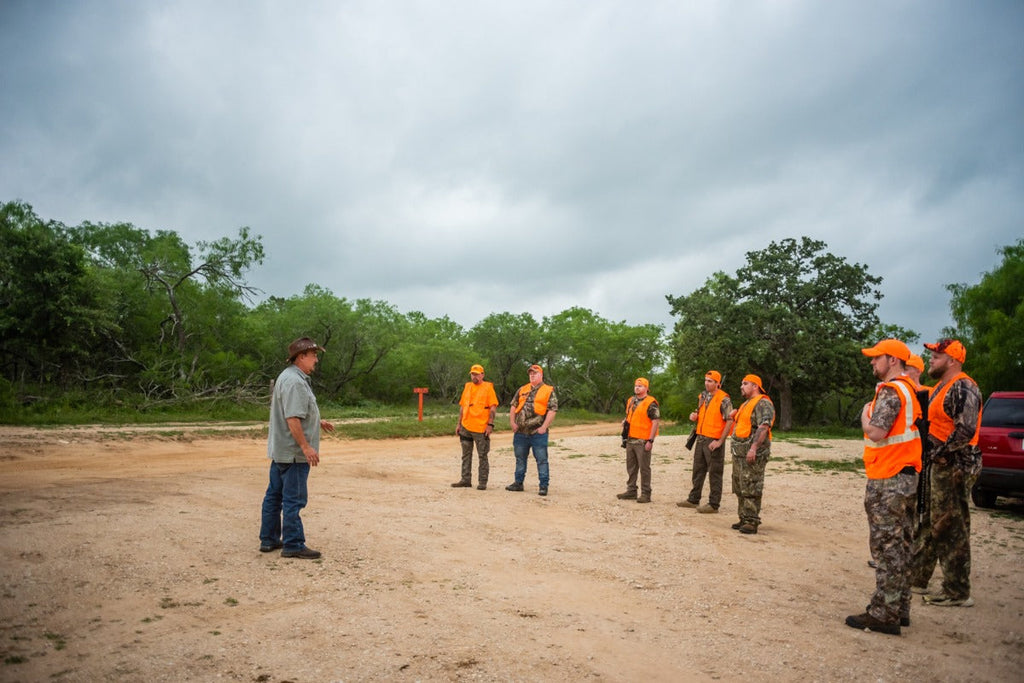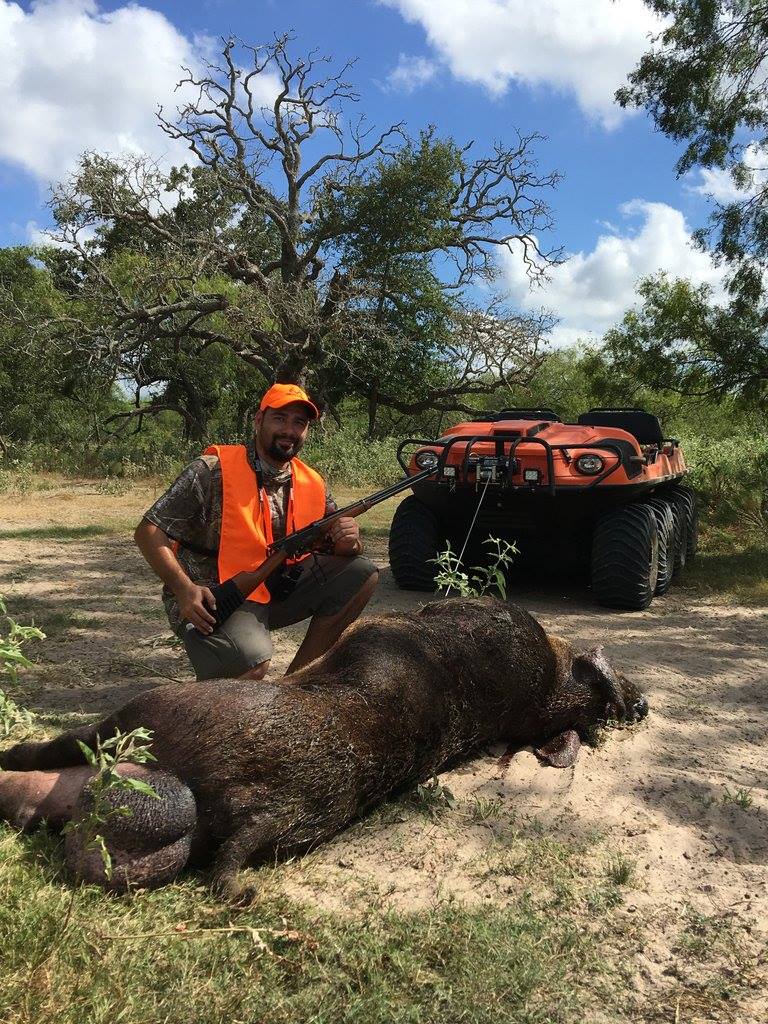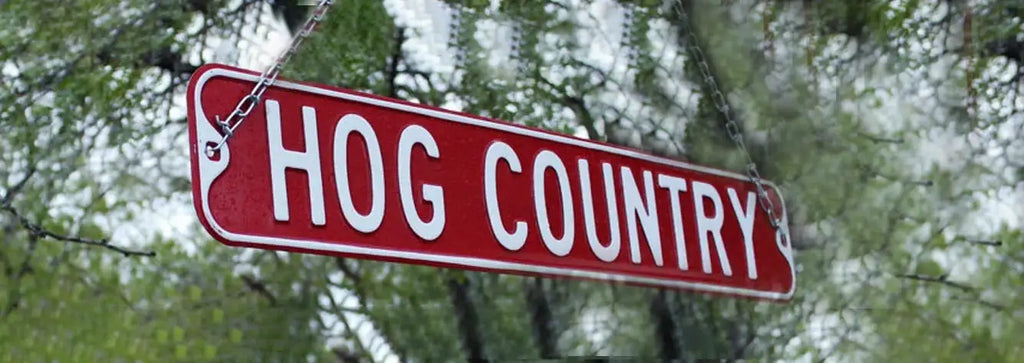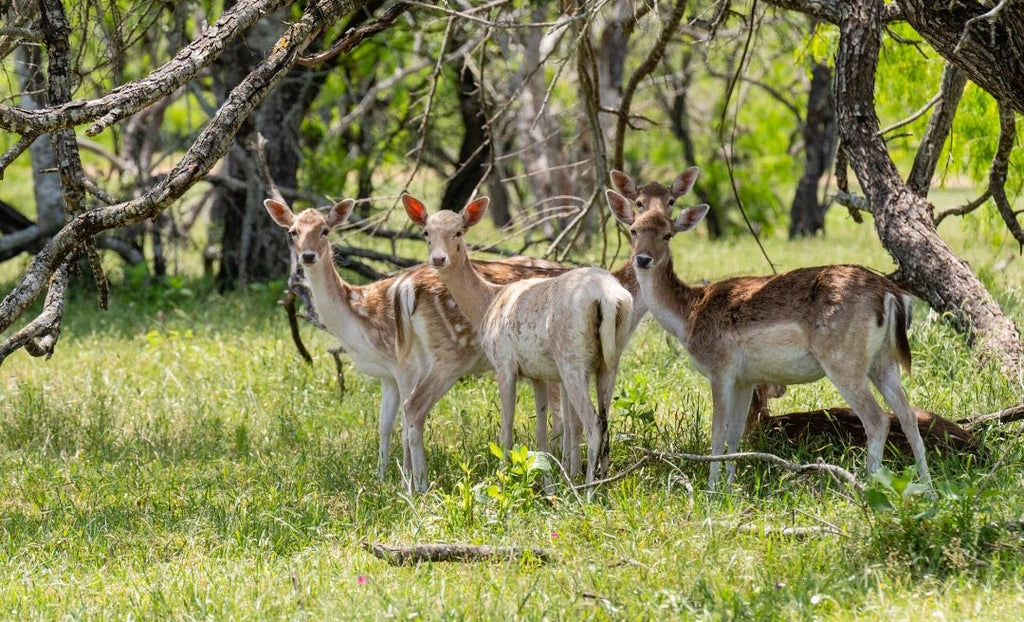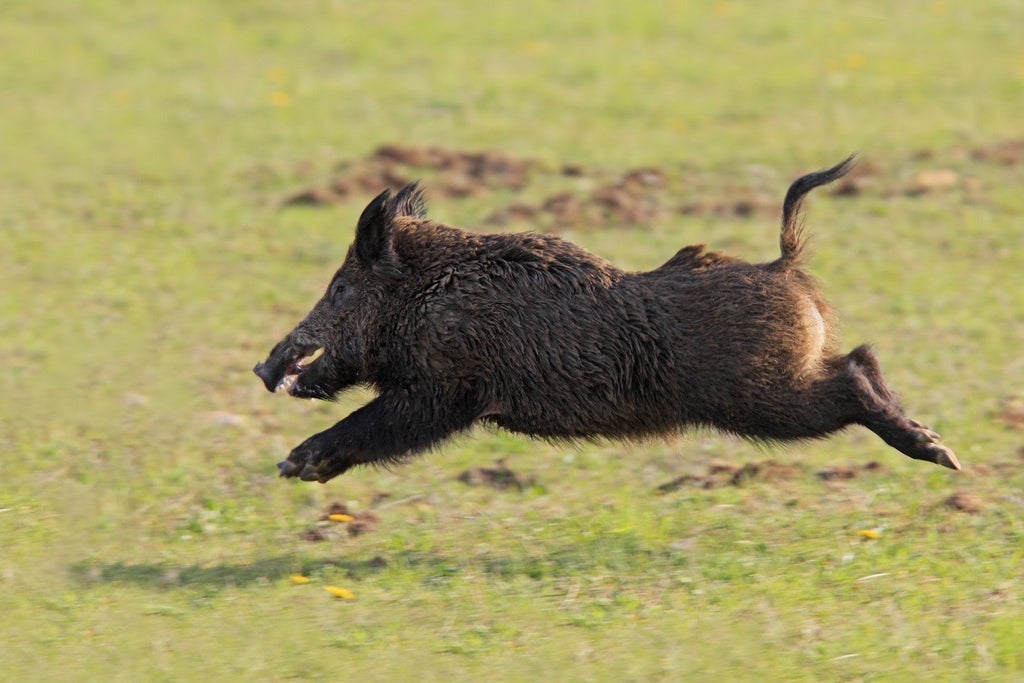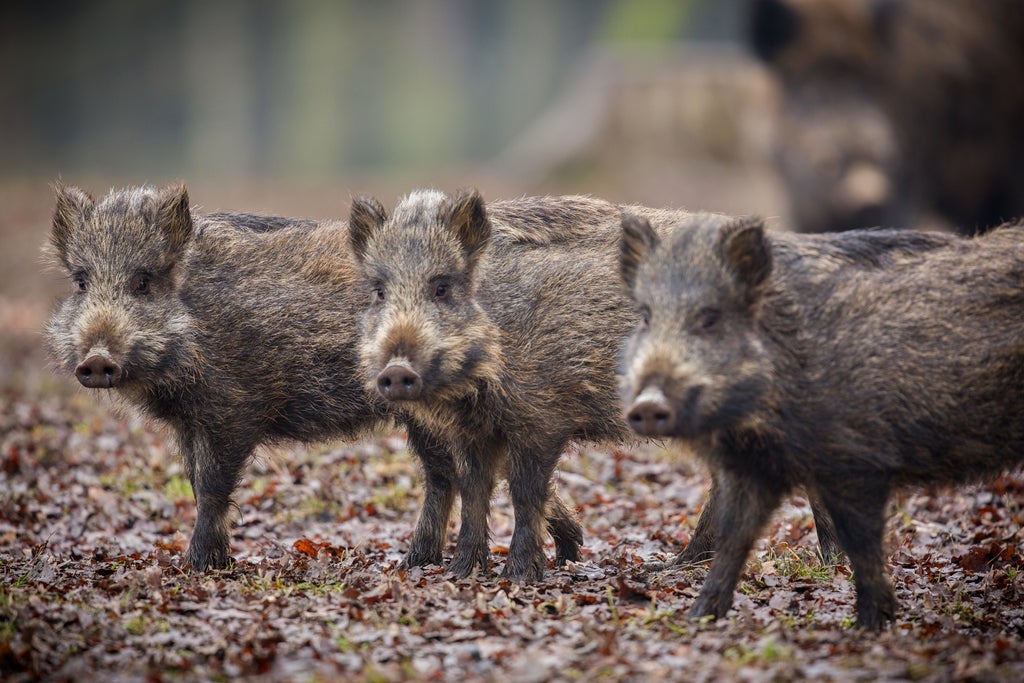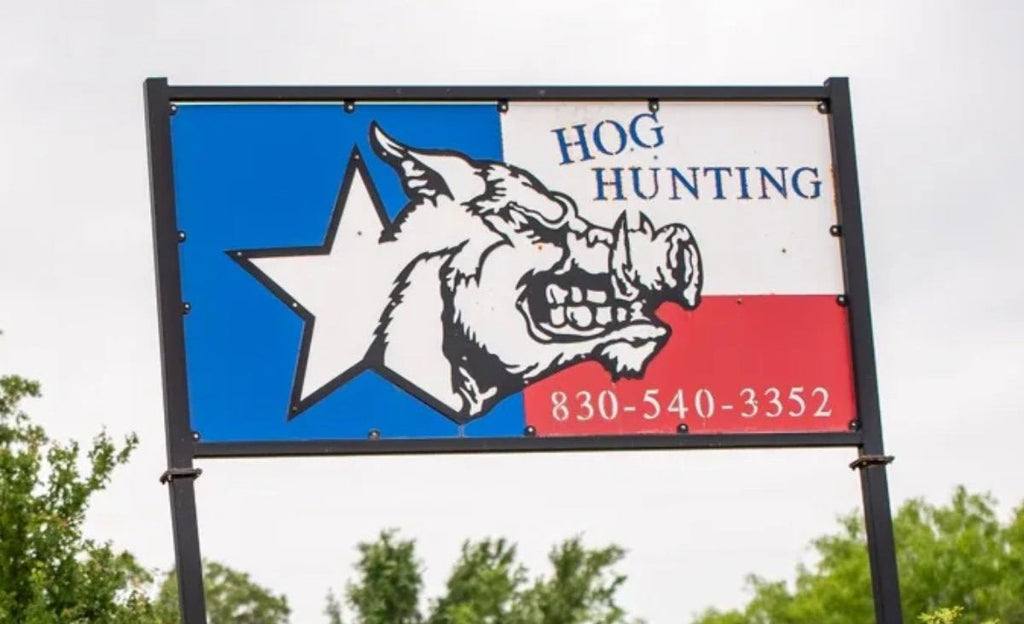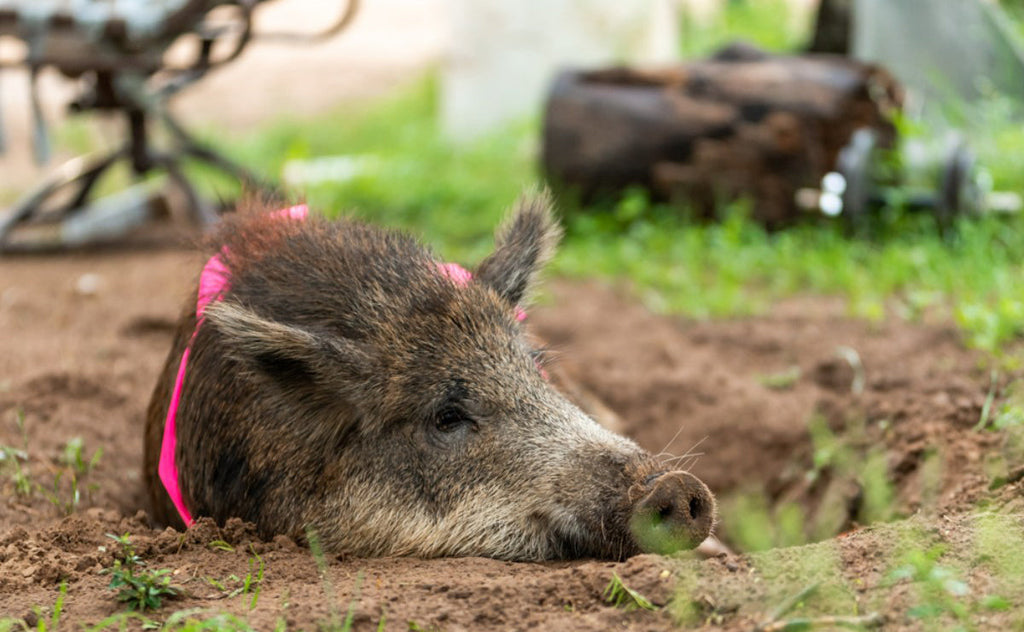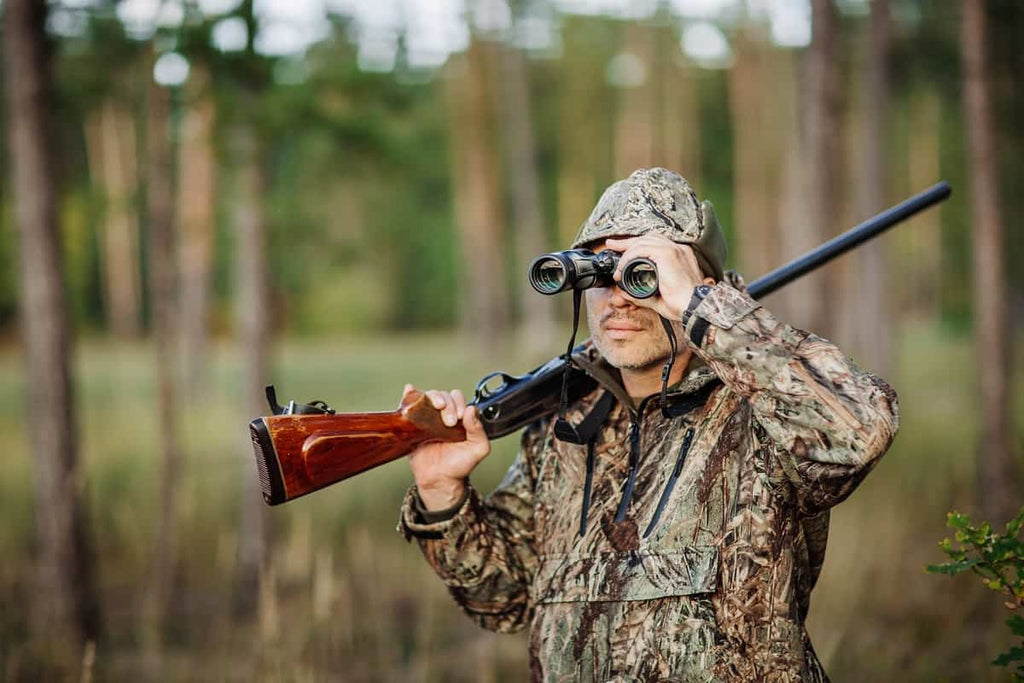
Wild Hogs: Exploring The Damage Caused By Them

Wild hogs are notorious animals that are found in large populations in Texas. These hogs have become a matter of concern for Texas inhabitants. These hogs have become a nail in the coffin for farmers by destroying the farm produce and degrading the soil. Furthermore, you will be unable to witness a proper standing structure after the entry of the wild hogs in the area. Further, it destroys public properties, kills other animals, and carries numerous infectious diseases. All these reasons led to the popularity of Texas wild hog hunts as a leisure activity among individuals in Texas.
What Are The Damages Caused By Texas Wild Hogs?
The notorious activities of the wild hogs sometimes cause huge losses to the Texas population. These hogs have become a cause of concern for everyone in Texas. What are the damages caused by the Texas wild hogs? From agricultural destruction to ecological disruption, the damages caused by Texas wild hogs have wide-ranging implications. Explore the extent of the damage by reading further.
- Agricultural Damage
Wild hogs can cause significant losses to crops in Texas. The hogs have a diverse diet and are known to feed on various crops, including corn, rice, wheat, soybeans, and fruits and vegetables. The feeding habits can result in reduced yields, destroyed crops, and financial losses for farmers. Additionally, the rooting behavior of hogs can damage irrigation systems, disrupt soil structure, and make it challenging to cultivate the land. Thus, the Texas wild hog hunts have become a popular sport in Texas.
- Ecological Impact
Hogs like wild pigs harm native wildlife and ecosystems in Texas, becoming a cause for Texas pig hunts. The hogs are opportunistic omnivores and can prey on small mammals, reptiles, amphibians, and bird eggs. This predation can disrupt natural food chains and have detrimental effects on native species, particularly those already endangered or at risk. Moreover, the hog’s rooting behavior damages vegetation, destroys ground-dwelling organisms, and alters the structure of ecosystems. Moreover, this disruption can lead to changes in plant composition, reduce biodiversity, and impact ecosystem functions.
- Property Damage
Wild hogs can cause substantial damage to both residential and commercial properties. Wild hogs use strong snouts to dig into the ground while seeking food, which can result in damaged lawns, gardens, and landscaping. Also, you may see wallows (mud baths) created in the areas of hogs, leading to erosion and destruction of fences, walls, and other property features. The presence of these
animals can be particularly problematic for golf courses, sports fields, and parks, as they damage the playing surfaces and pose safety risks.
- Contamination Of Water Sources
Wild hogs defecate in or near water sources, which can lead to contamination. The hog’s feces contain harmful bacteria, parasites, and pollutants that can contaminate ponds, lakes, rivers, and other water bodies. This contamination poses risks to the health of humans and other wildlife that rely on these water sources. It can result in waterborne illnesses, affect aquatic ecosystems, and require additional treatment measures to maintain water quality.
- Disease Transmission
Wild hogs can carry and transmit various diseases, some of which can significantly impact livestock and human health. These diseases can result in economic losses for the livestock industry, pose health risks to hunters and individuals who handle infected animals, and require strict biosecurity measures. It is one of the numerous causes for the Texas hog hunts being popular among Texas people. However, hunting practices are regularized by the government and should be strictly followed by everyone.
- Negative Human-Hogs Interaction
Wild hogs can pose risks to human safety. These animals can exhibit aggressive behavior if they feel threatened or cornered, leading to potential confrontations with humans or pets. Additionally, encounters with wild hogs on roads can result in vehicle collisions, causing property damage and potential injuries or fatalities. The areas with huge wild hogs population will make the residents resort to limited outdoor activities. This disruption can have social and economic impacts, as it affects tourism, outdoor sports, and the enjoyment of natural spaces.
- Invasive Species Competition
Wild hogs are considered invasive species in Texas. The hog’s presence and destructive behavior can compete with residential wildlife for resources such as food and habitat. This competition can negatively impact native species, especially those already facing challenges from habitat loss and other human-induced disturbances. There will be competition for food, habitat destruction, altered ecosystem dynamics, etc. It is when Texas hog hunts become crucial.
Book Our Ranch And Start Your Texas Wild Hog Hunts!
The damages caused by wild hogs in Texas are significant and far-reaching. These invasive animals threaten agriculture, ecosystems, property, water sources, and public health. Effective management strategies are essential to control the hog populations, protect ecosystems, minimize agricultural losses, and ensure the safety and welfare of the folks of Texas. One of the strategies is Texas wild hog hunts regulated by the government of Texas.
Are you heading to an exciting and adventurous wild hog hunt? Start your hunting venture by booking our ranch at INDEPENDENCE RANCH. Connect with us now and get the top-notch package for our ranch at an affordable price!
